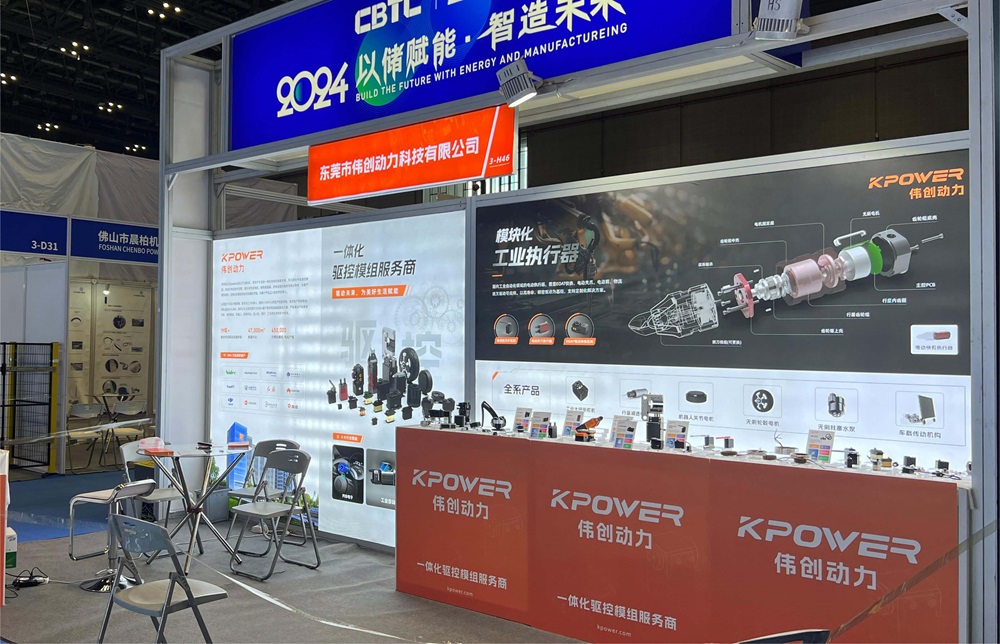Ever tried to automate something big, like a conveyor belt or robotic arm? Then you’ve probably heard of servo motors—they’re the guts behind smooth, accurate movement. But what makes them so special? And are they always the right choice? Let’s dig into the real deal about the pros and cons of servo motors, no fluff, just straight-up facts.

First off, the magic of servo motors is in their precision. Imagine a tiny robot arm grabbing delicate glassware; you can’t have it jiggling around. Servo motors excel in controlling position, speed, and torque precisely. That’s why they’re everywhere — from advanced 3D printers to aerospace applications. Their closed-loop control system means they’re always aware of their position, making adjustments in real-time. No wonder they're the go-to for tasks that scream for accuracy.
But hold on—it’s not all roses. The flip side? Servo motors can be quite the diva when it comes to complexity and cost. They need more than just a motor and a speed controller; they require a sophisticated feedback device—usually an encoder—and sometimes extra cooling systems if they’re working hard. That means more money upfront. If you’re working on a simple project or something that needs rougher movements—say, a basic conveyor belt—maybe a regular induction motor could do the trick just fine, saving you some bucks and headaches.
Now, what about maintenance? Servo motors tend to be high-maintenance, especially if you’re pushing their limits. Failures in the feedback system or overheating can throw a wrench in the entire process. It’s like tuning a fancy sports car—requires attention and regular checkups. But get it right, and they last a long time with proper care.
Here’s a spicy question: do I need a servo motor for my project? If you’re craving high precision and quick response, then yes, definitely. But if your application involves slow, steady movements where perfect accuracy isn’t critical, it might be overkill. Think about a simple door opener—that probably doesn’t need a servo when a basic motor or gear motor will do just fine.
On top of that, energy efficiency varies. Servo motors, especially when operated at high torque or speeds, can be power-hungry. Yet, their efficiency during precise movements makes up for it in applications where accuracy pays off.
In the end, picking a servo motor is like choosing the right tool for a tricky job. It’s about weighing those sharp benefits against the higher investment and maintenance demands. Rushing into a decision because of shiny features? Not a good move. Take a good look at what’s needed—sometimes, the simplest solution is the best one. But if you’re aiming for flawless control, servo motors just might be your best buddy on the job.
Established in 2005, Kpower has been dedicated to a professional compact motion unit manufacturer, headquartered in Dongguan, Guangdong Province, China. Leveraging innovations in modular drive technology, Kpower integrates high-performance motors, precision reducers, and multi-protocol control systems to provide efficient and customized smart drive system solutions. Kpower has delivered professional drive system solutions to over 500 enterprise clients globally with products covering various fields such as Smart Home Systems, Automatic Electronics, Robotics, Precision Agriculture, Drones, and Industrial Automation.




































